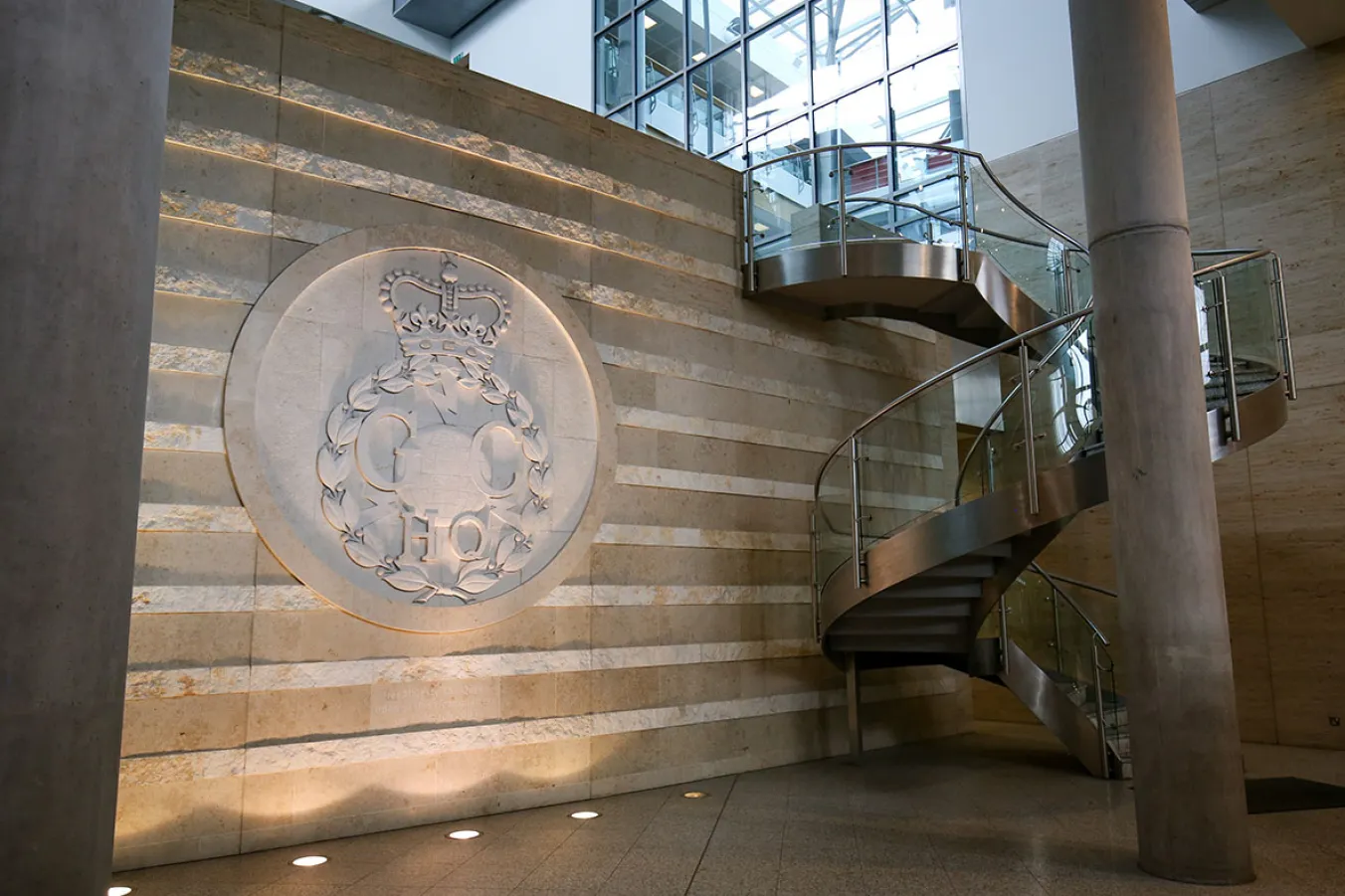From GCHQ to minimum service levels, union power can win
PCS leader FRAN HEATHCOTE draws the parallels between a major trade union rights battle 40 years ago and the fight we have ahead of us today
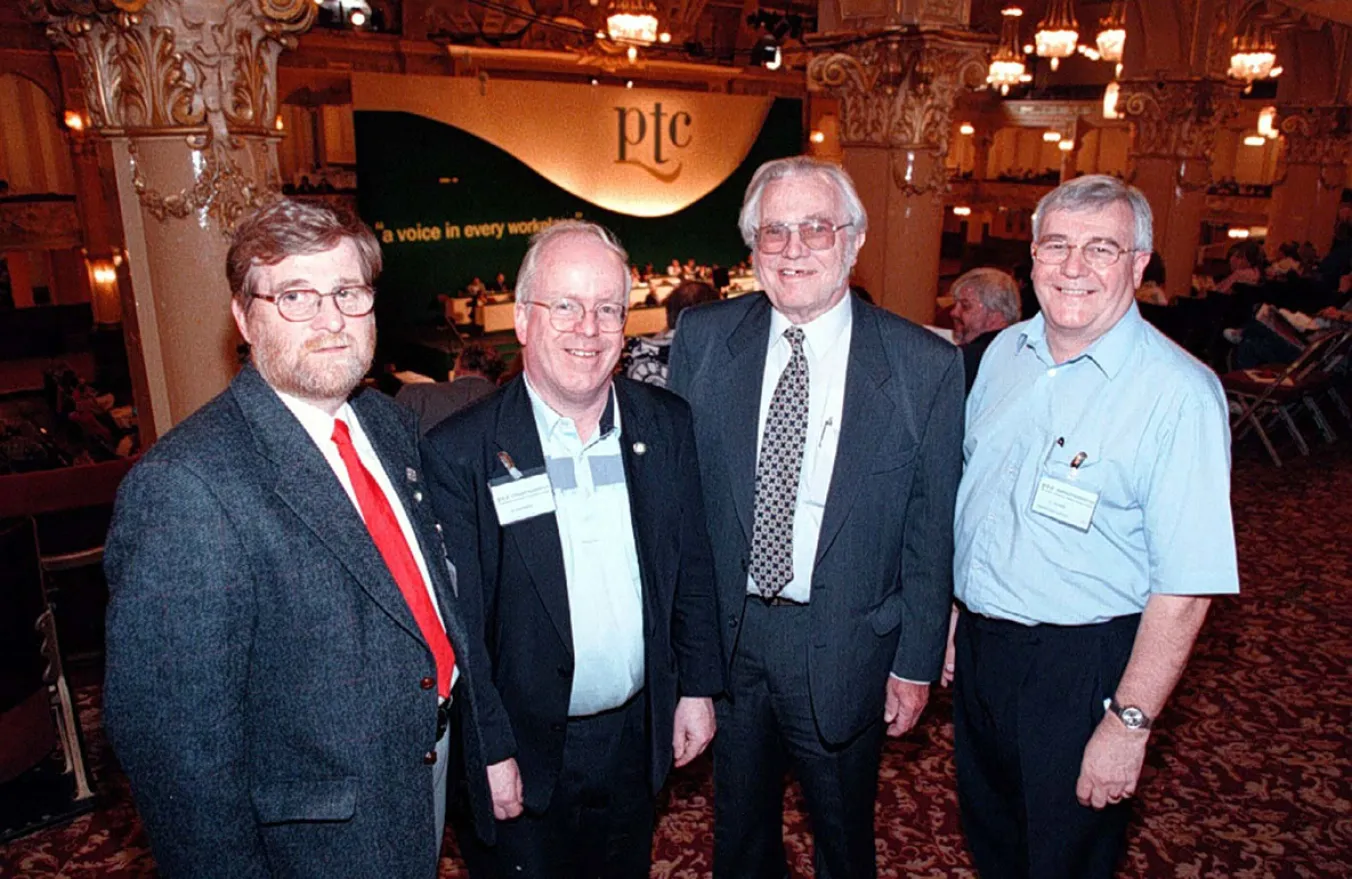
TODAY thousands of trade unionists from across the movement will come together in Cheltenham to mark the 40th anniversary of one of the longest trade union disputes in British history.
Fourteen civil servants working in GCHQ were sacked simply for being a member of a union. What followed was a 13-year campaign that ended in victory, when the ban was finally lifted. Forty years on, our movement once again faces an existential threat, with minimum service levels undermining the right to strike.
Back in 1984, Margaret Thatcher enforced a ban on trade union membership. Over 100 workers refused to give up this basic right and by 1988, there were 14 workers still holding out. Their defiance cost them their jobs and they were sacked.
More from this author
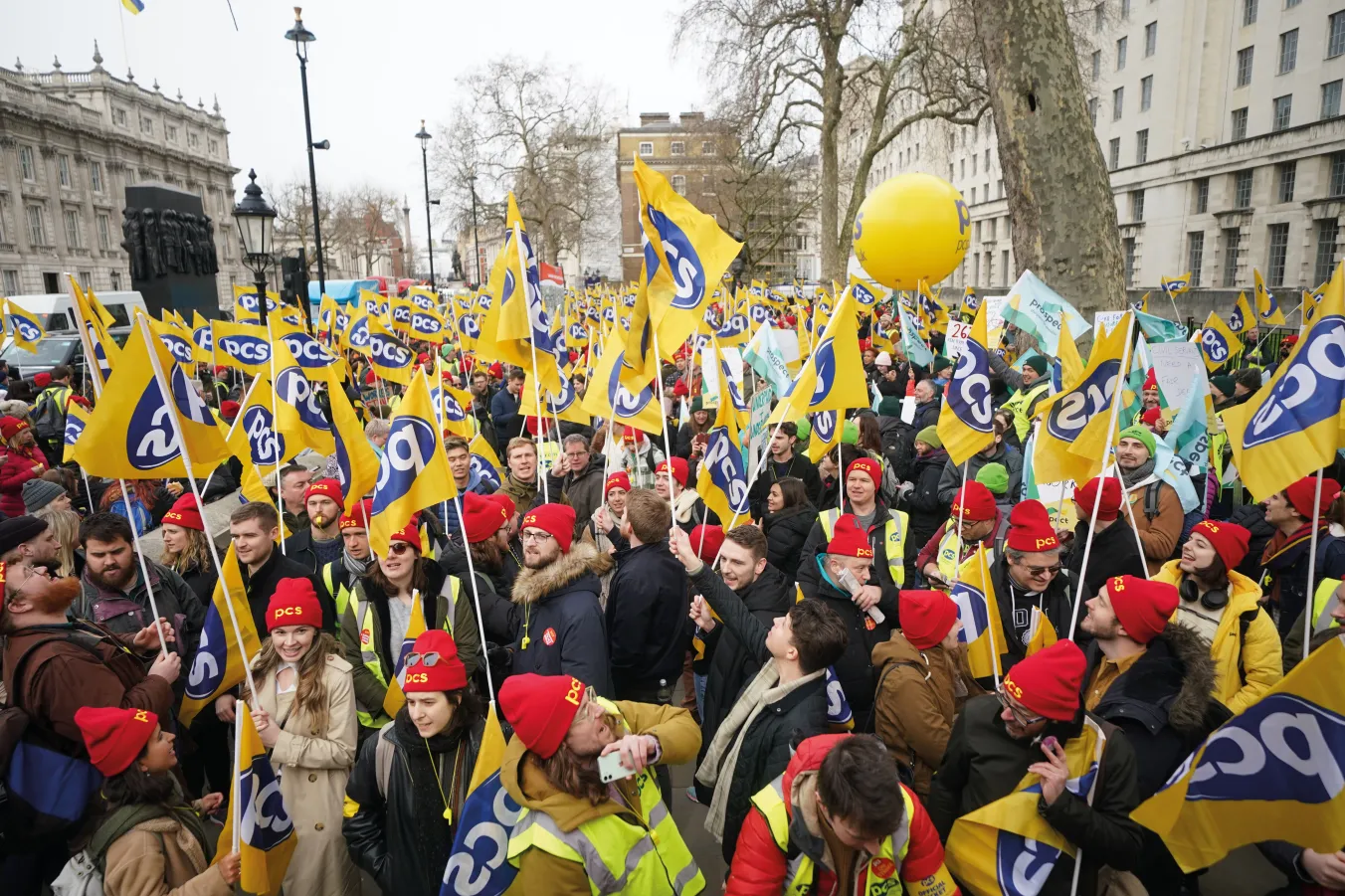
There is no stronger economy without the stronger wages that provide extra disposable income, which is why workers – including civil servants – must have their pay boosted in real terms, along with restored union rights and insourcing, says FRAN HEATHCOTE
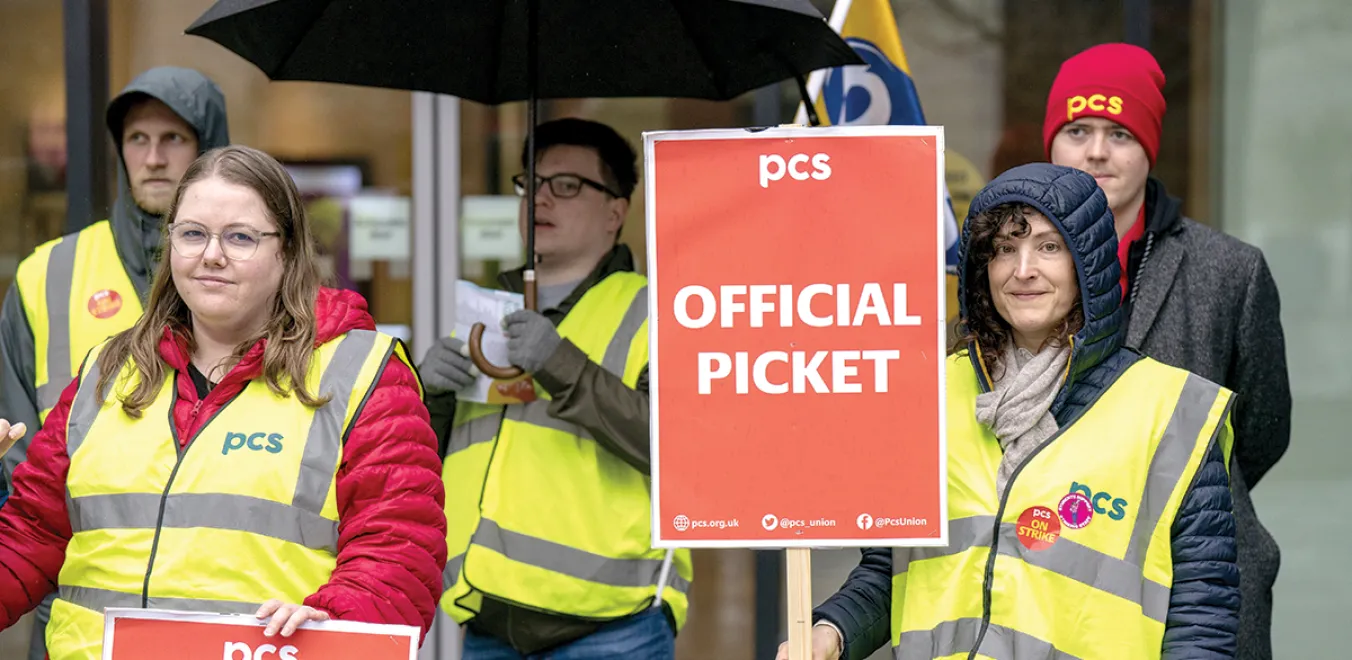
As Labour takes power, PCS general secretary FRAN HEATHCOTE urges solidarity to push for workers’ rights and calls for pension justice and job security after years of Tory attacks on civil servants

The outrageous minimum service levels legislation has been brought in to break the growing momentum of our movement — but these attacks won’t work, writes PCS general secretary FRAN HEATHCOTE
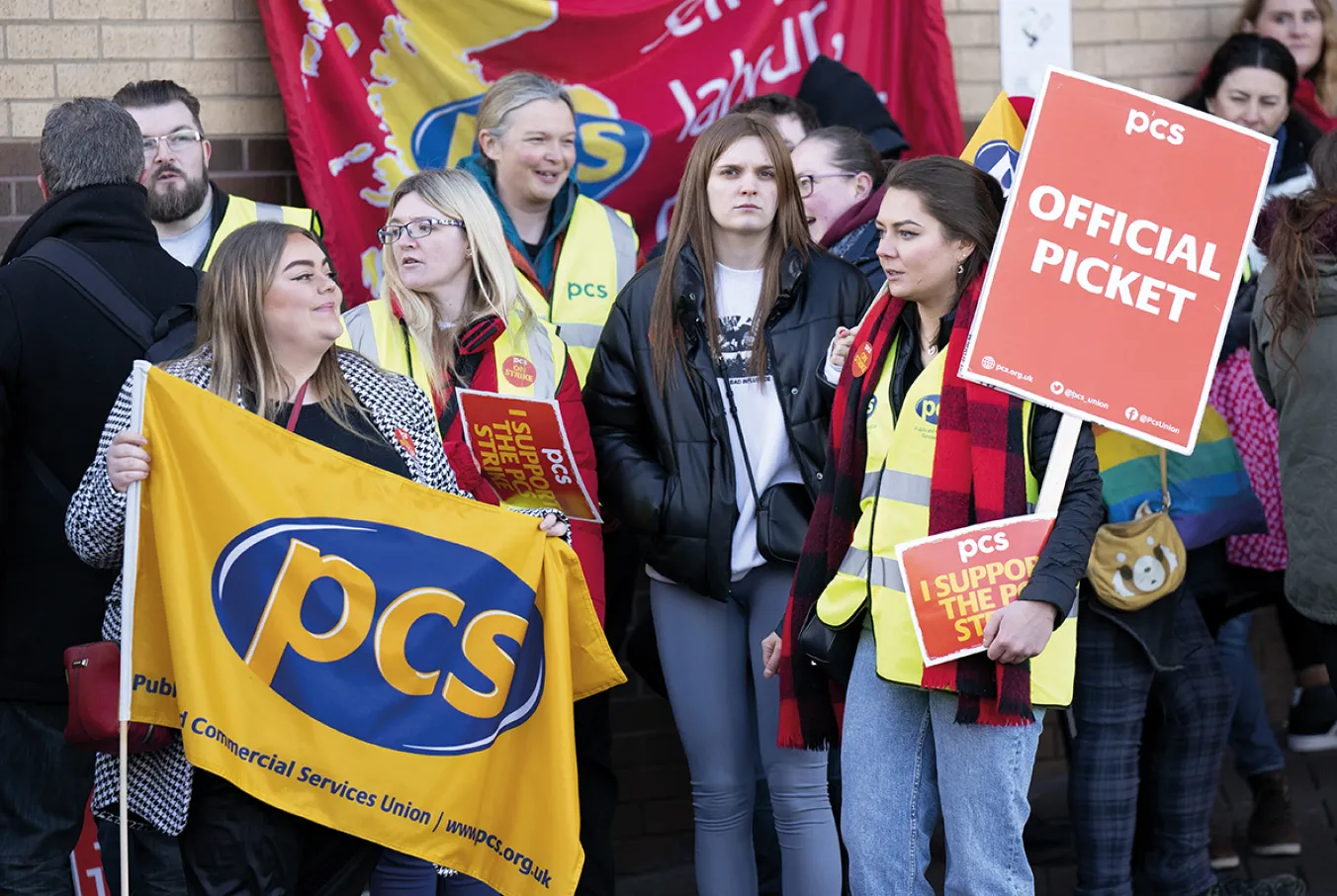
New PCS general secretary FRAN HEATHCOTE talks about the women who reshaped the cause of labour
Similar stories
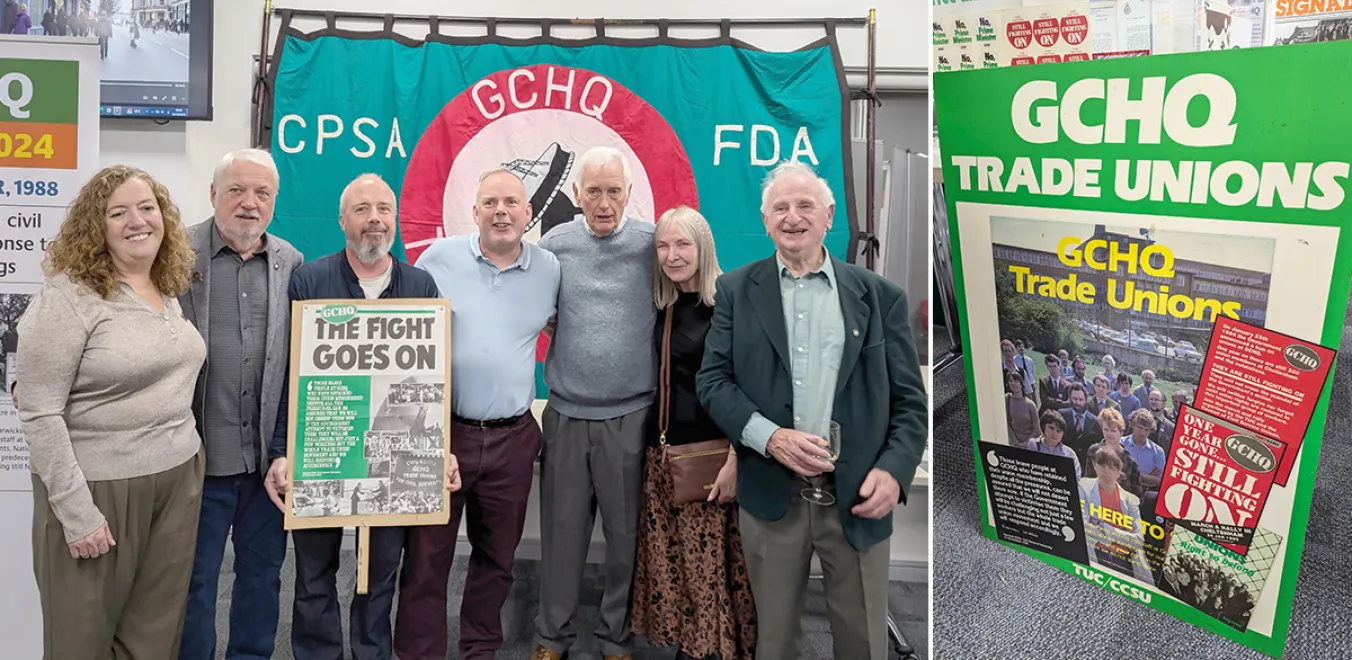
BEN CHACKO sees an exhibition that charts the memorable struggle to have union rights restored to workers at the intelligence hub GCHQ in Cheltenham
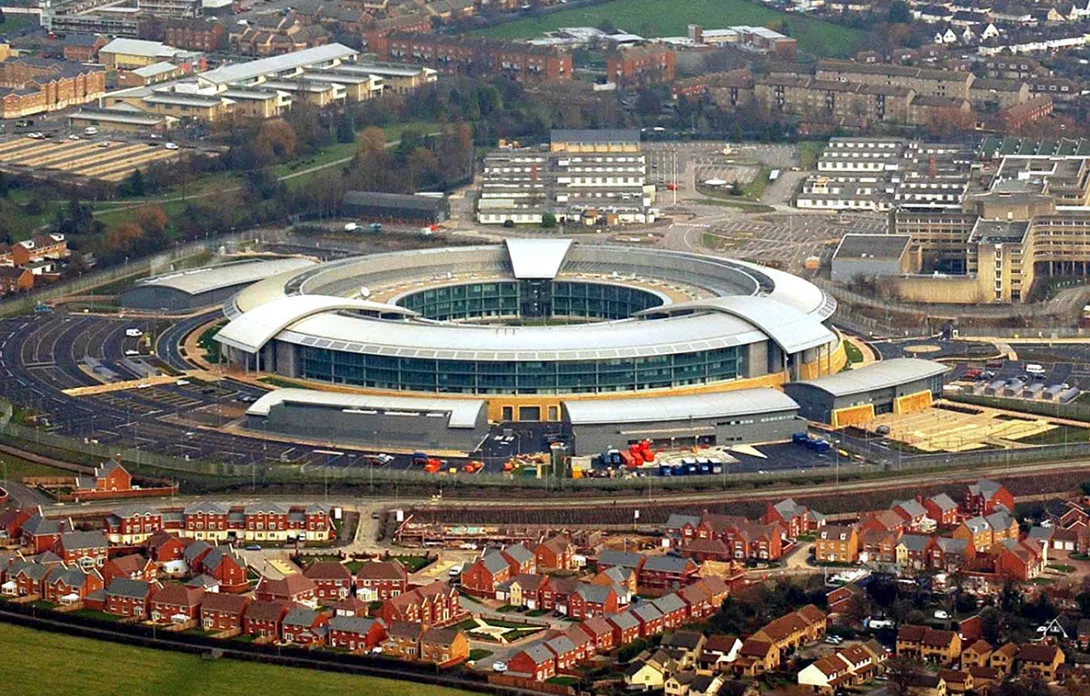
NICK WRIGHT revisits the events of 40 years ago and the battle to overcome the ban on trade unions at the government’s communications and eavesdropping centre in Cheltenham
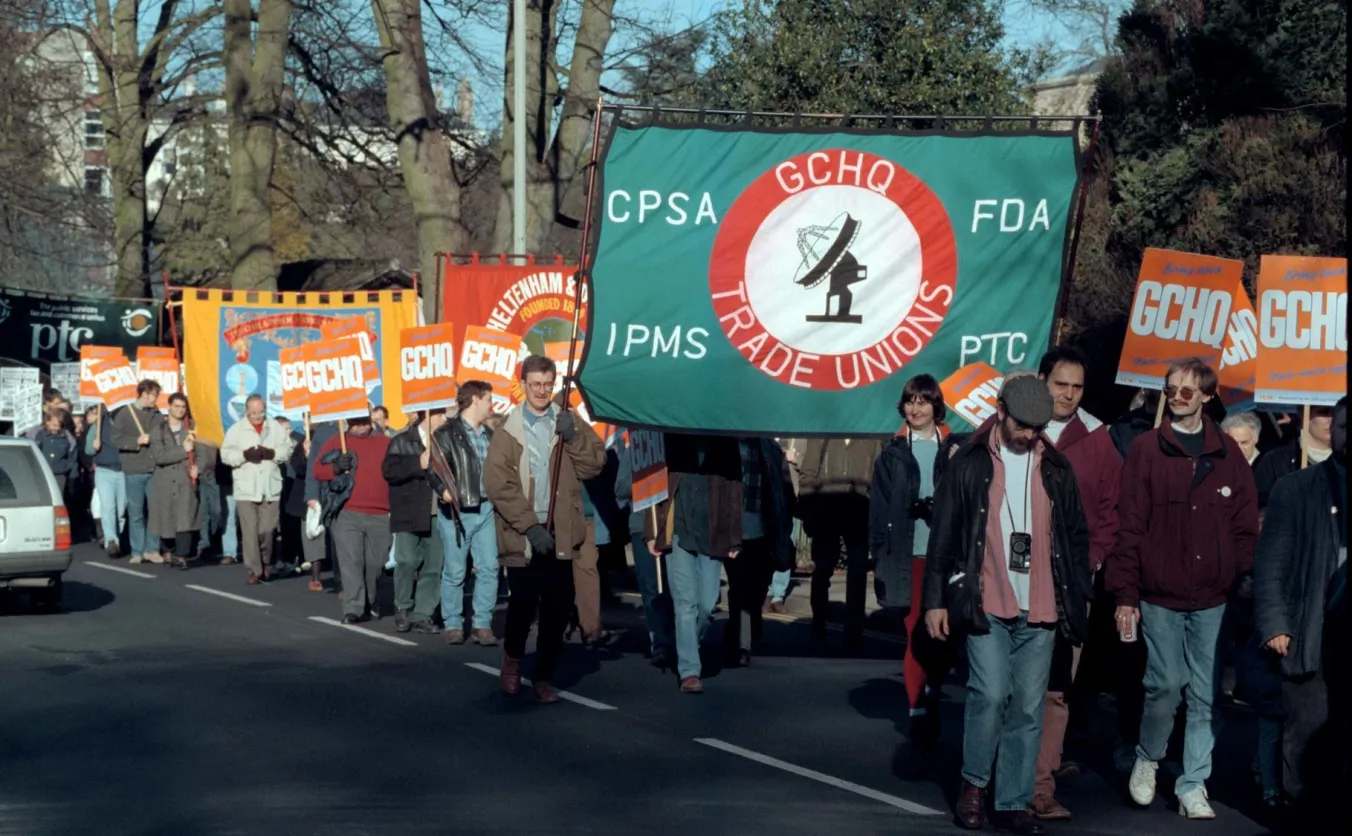
Ahead of next weekend’s march and rally, HUGH LANNING explains why the GCHQ struggle and eventual victory means so much to the British labour movement










